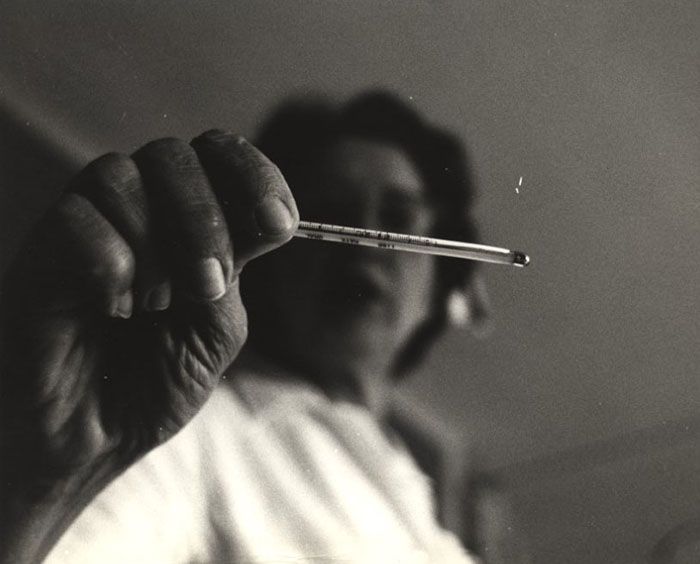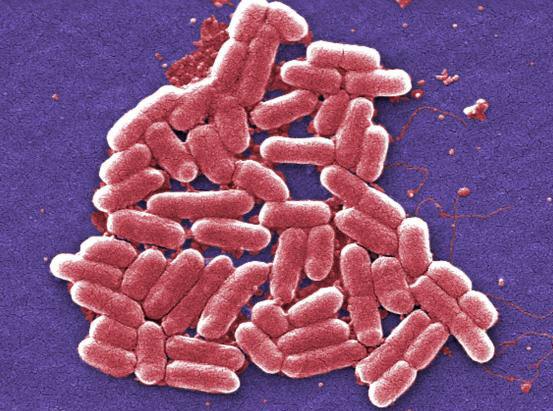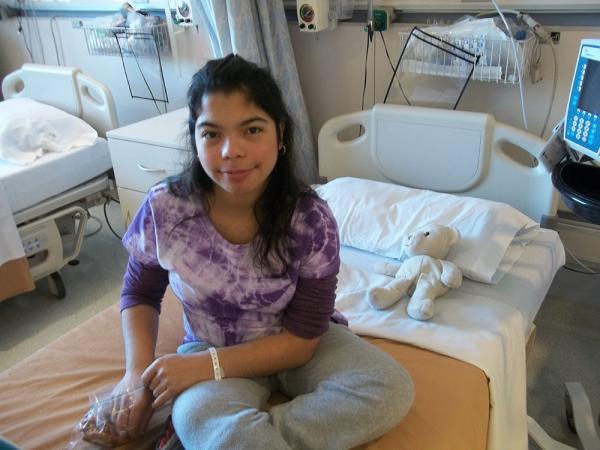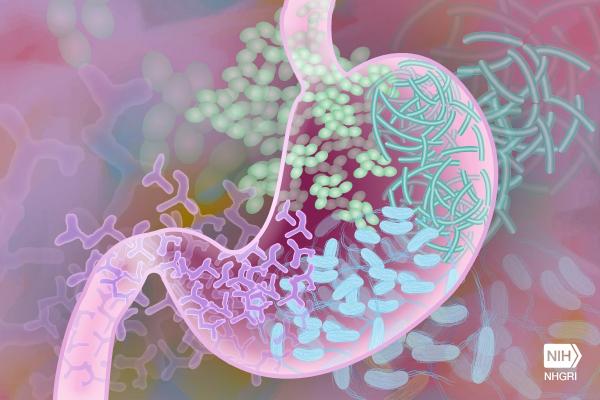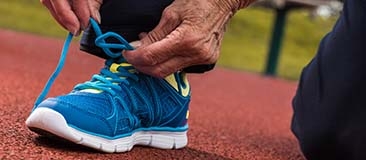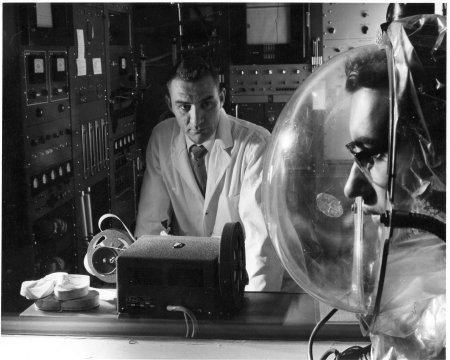Beat the Heat With Some NIH History
Measuring and Manipulating Temperature Is Key to IRP Research
Many parts of the country were hit by record-breaking heat this summer. Controlling temperature is not only important for staying healthy, but it's also crucial for many types of research. Grab your water bottle and sit down in a shady spot to take a look at some photos from the Office of NIH History & Stetten Museum on the theme of hot and cold.

